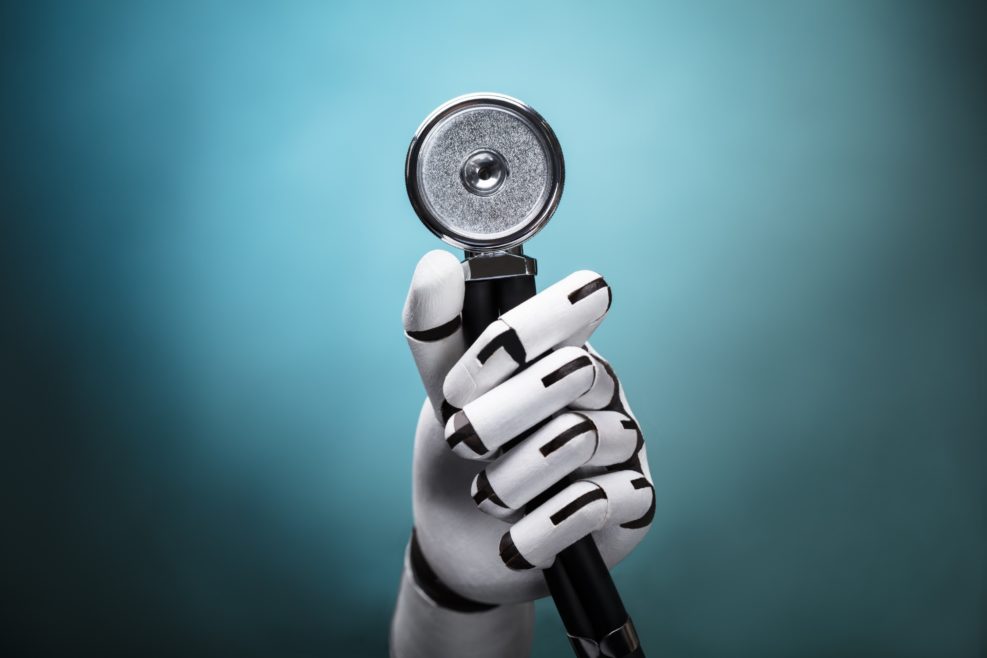
Taghealthcare


How Does AI Change My Healthcare?
And what if my most important problem is NOT medical?What is AI doing to me? That is a good question to contemplate. I want to focus on healthcare: How is my healthcare impacted by AI? In ways that are both obvious and obtuse, AI is changing healthcare. As it changes healthcare, AI is changing us! All of our lives are increasingly quantified. We have devices to count our steps, monitor our pulse and even track how much water we drink. During my last visit, my dentist recommended that I get an Oral-B iO Electric Toothbrush. He was pretty enthusiastic about it and so I got one. This toothbrush not only has a Bluetooth connection to an app you can download onto your phone, but it uses artificial intelligence! Wow! Read More ›

Exercise is Medicine: The Power of Regular Physical Activity
Recent research reveals that exercise is one of our most powerful defenses against illness and diseaseThe United States spent $3.8 trillion on health care in 2019, before COVID-19. That’s 17.7 percent of U.S. Gross Domestic Product and nearly $13,000 per person. That’s more than double the average spending in dozens of comparable countries, yet U.S. health care outcomes are near the bottom of any list. We have the highest obesity rates in all age groups and the second highest death rate from heart disease. For life expectancy at birth, the U.S. ranks 34th, behind Chile and Lebanon. We have arguably the best doctors, medicines, and hospitals. Why are so many of us in poor health and why do so many of us die young? We can blame the system or we can blame ourselves. Enter Read More ›

Doctors Won’t Be Obsolete Anytime Soon
Despite fanfare and positive portrayals in pop culture, artificial intelligence “doctors” are failing to live up to the hype.A careful analysis of British hospital records found that an annual average of 1,600 adults over the age of 30 had used outpatient child and adolescent psychiatry services and that a comparable number of youths aged 0-19 years old had used outpatient geriatric services. Tongue-firmly-in-cheek, the authors speculated that, “We are not clear why so many adults seem to be availing themselves of pediatric services, but it might be part of an innovative exchange program with pediatric patients attending geriatric services.” They also found that thousands of men used outpatient obstetrics, gynecology, and midwifery services each year, though there were fewer women availing themselves of vasectomies. These were clearly clerical errors made by fallible humans recording patient data. Could computers do Read More ›
